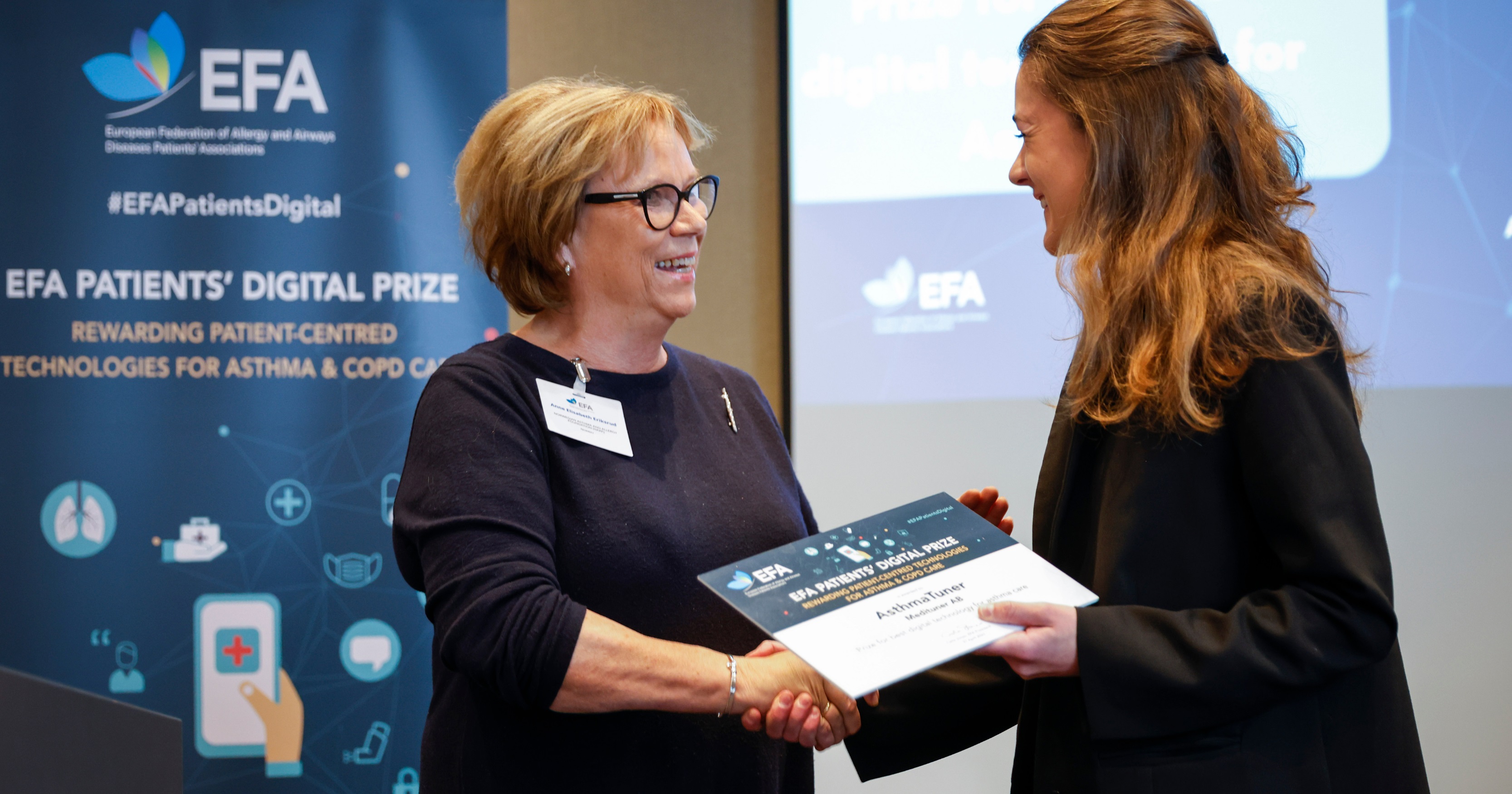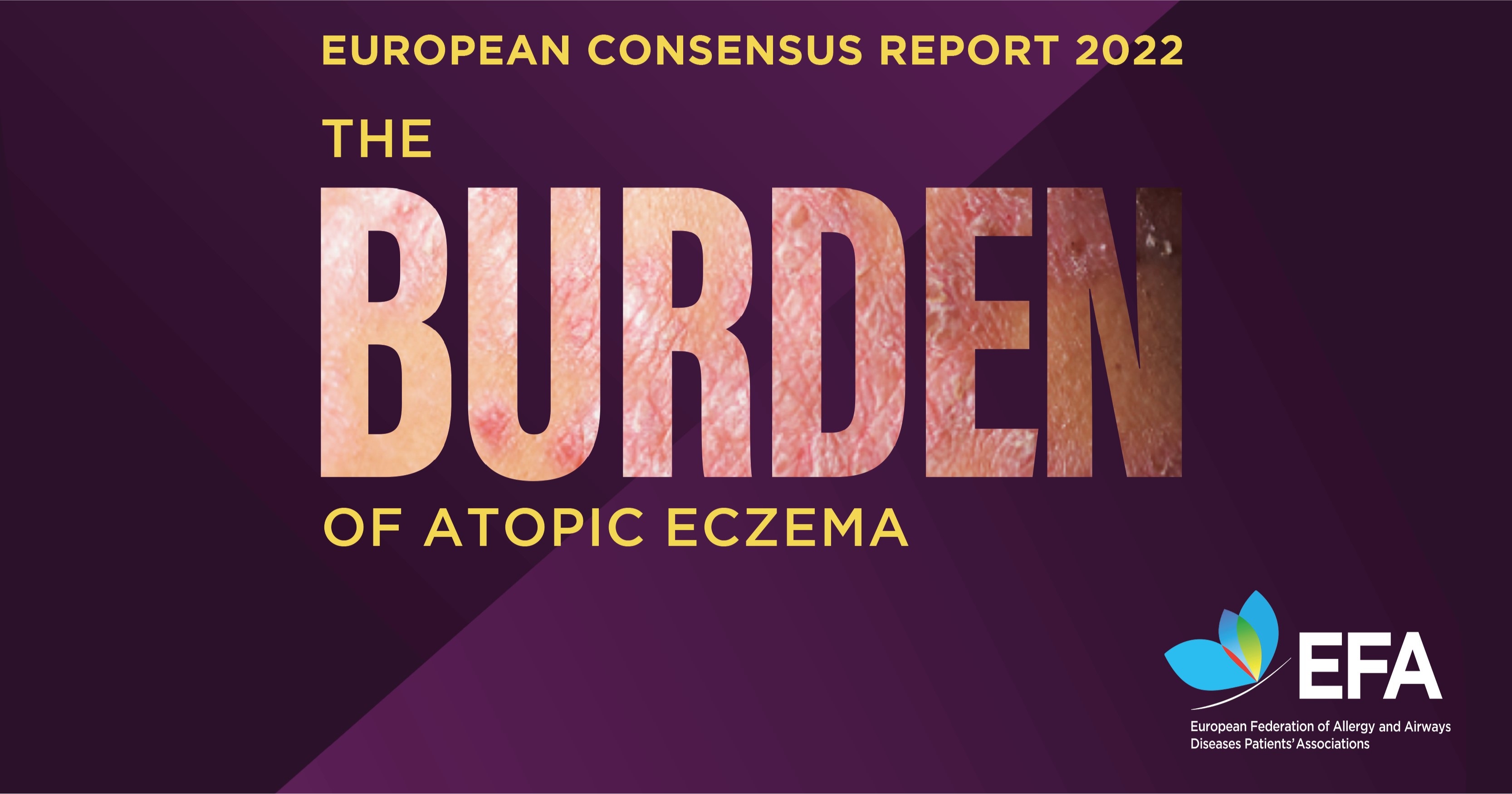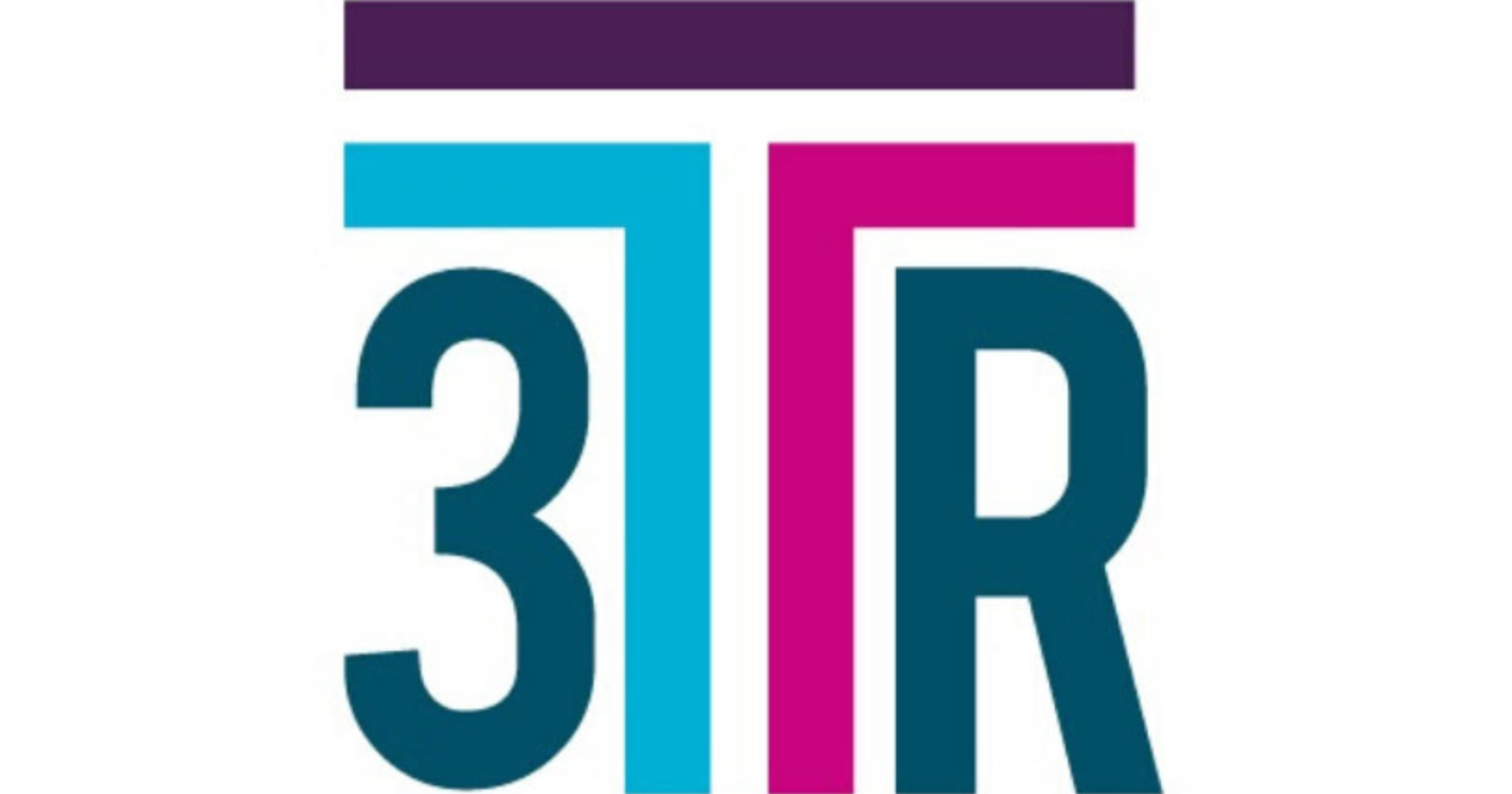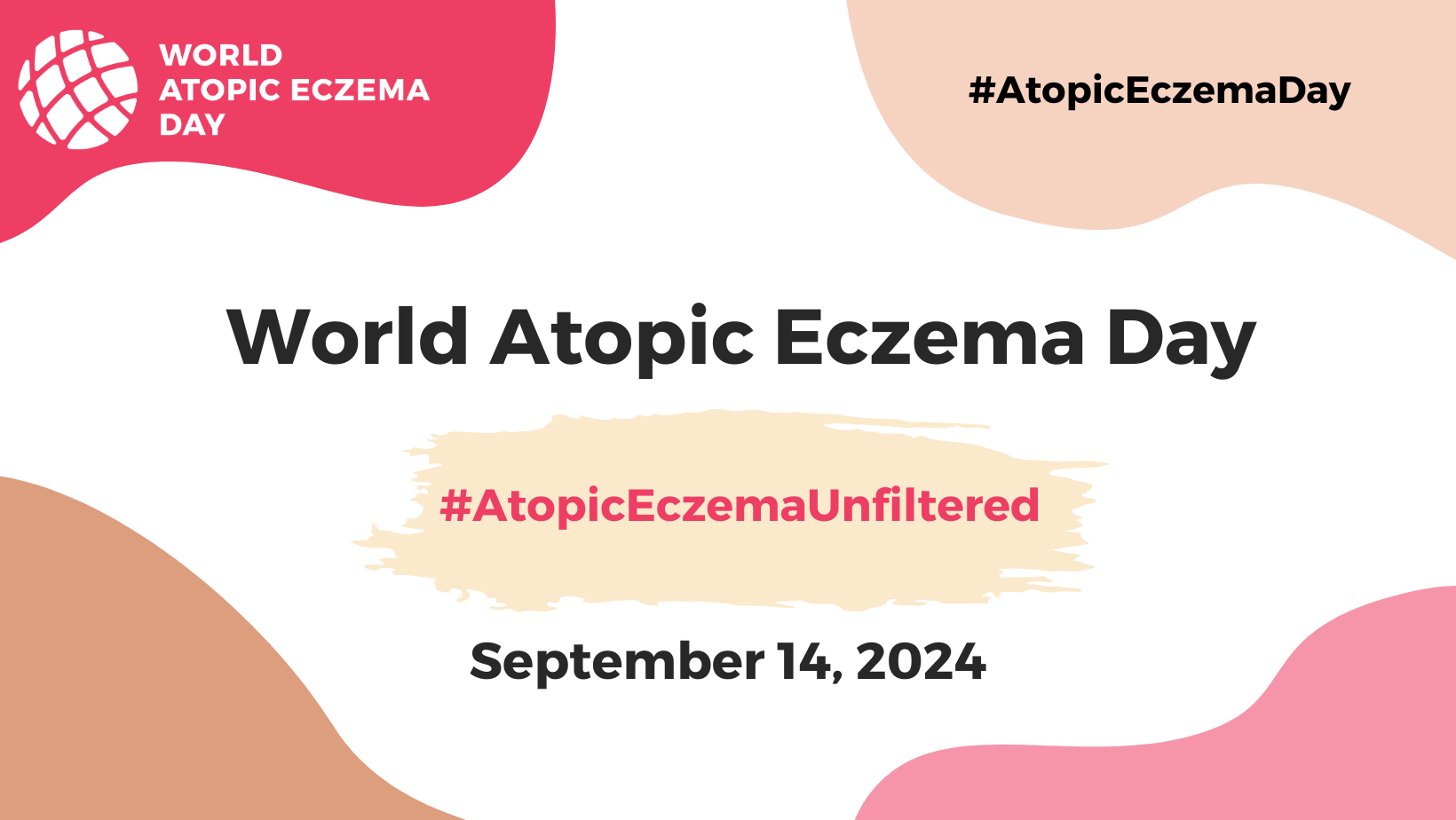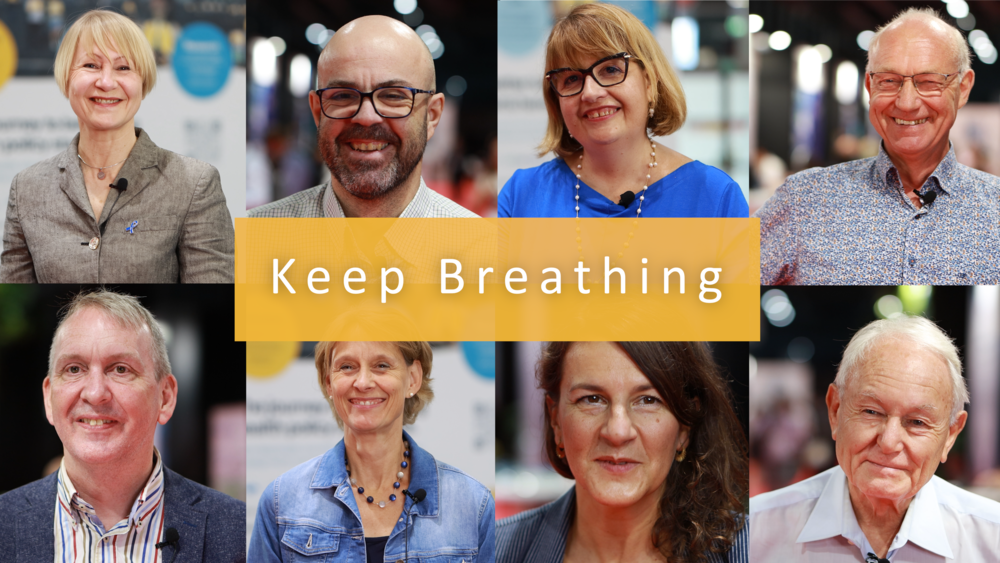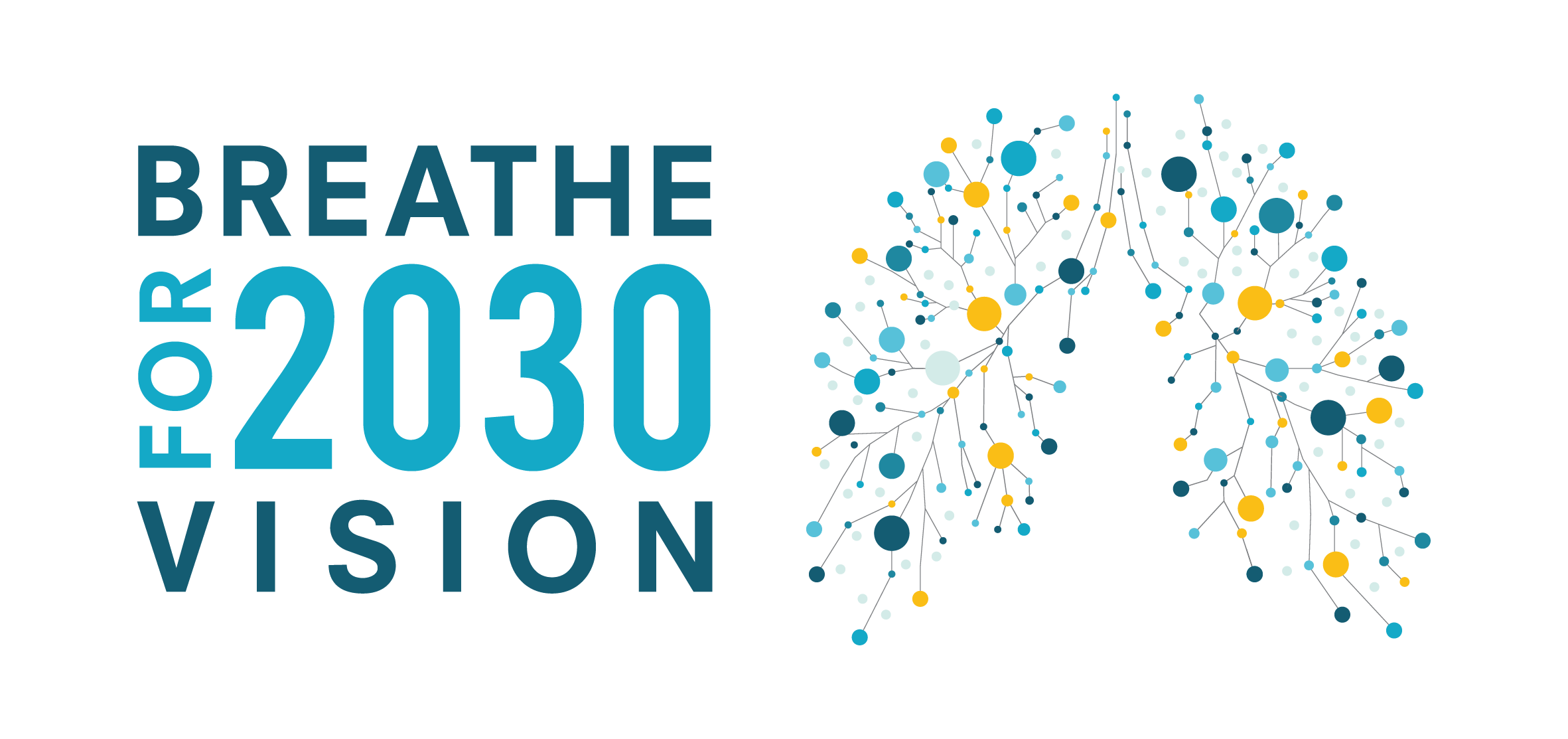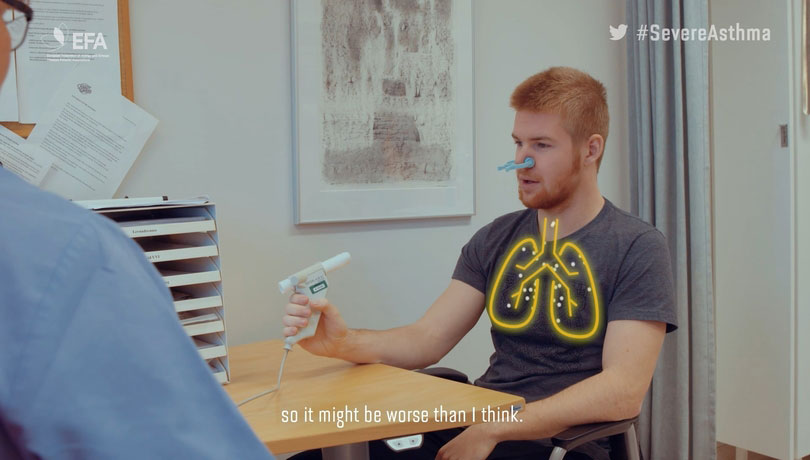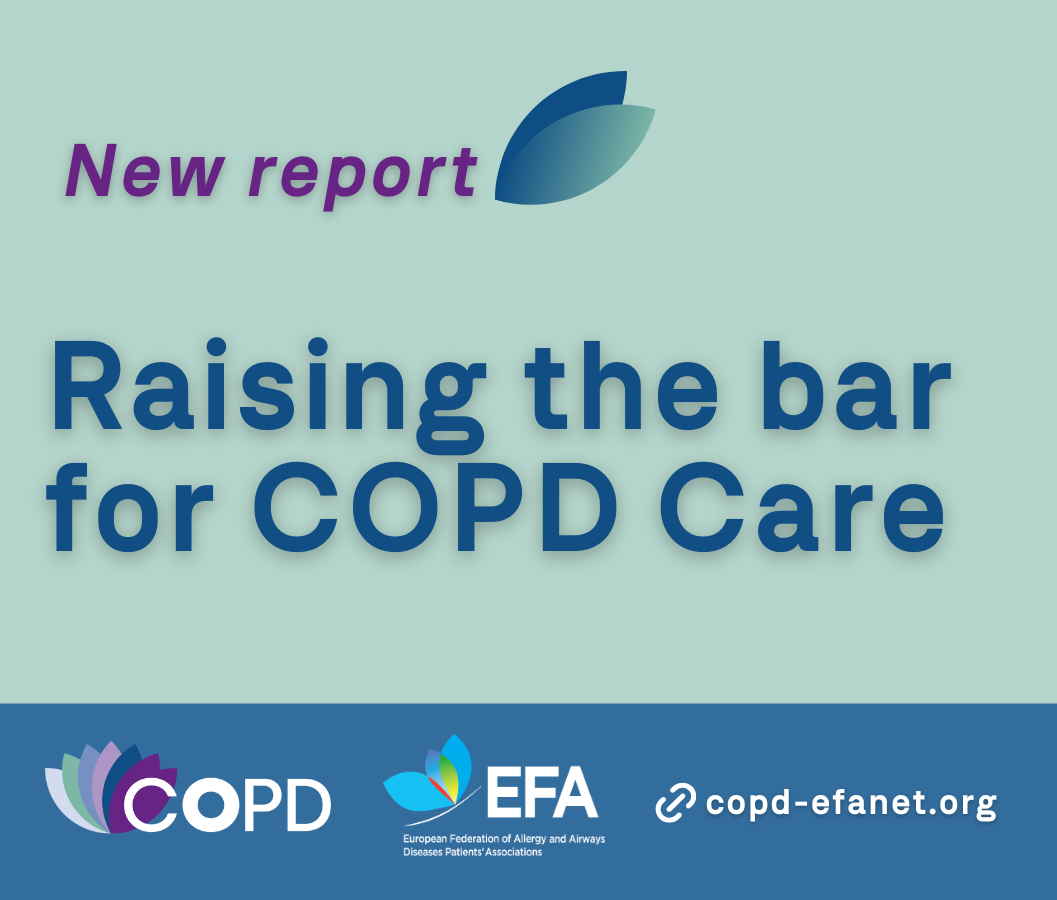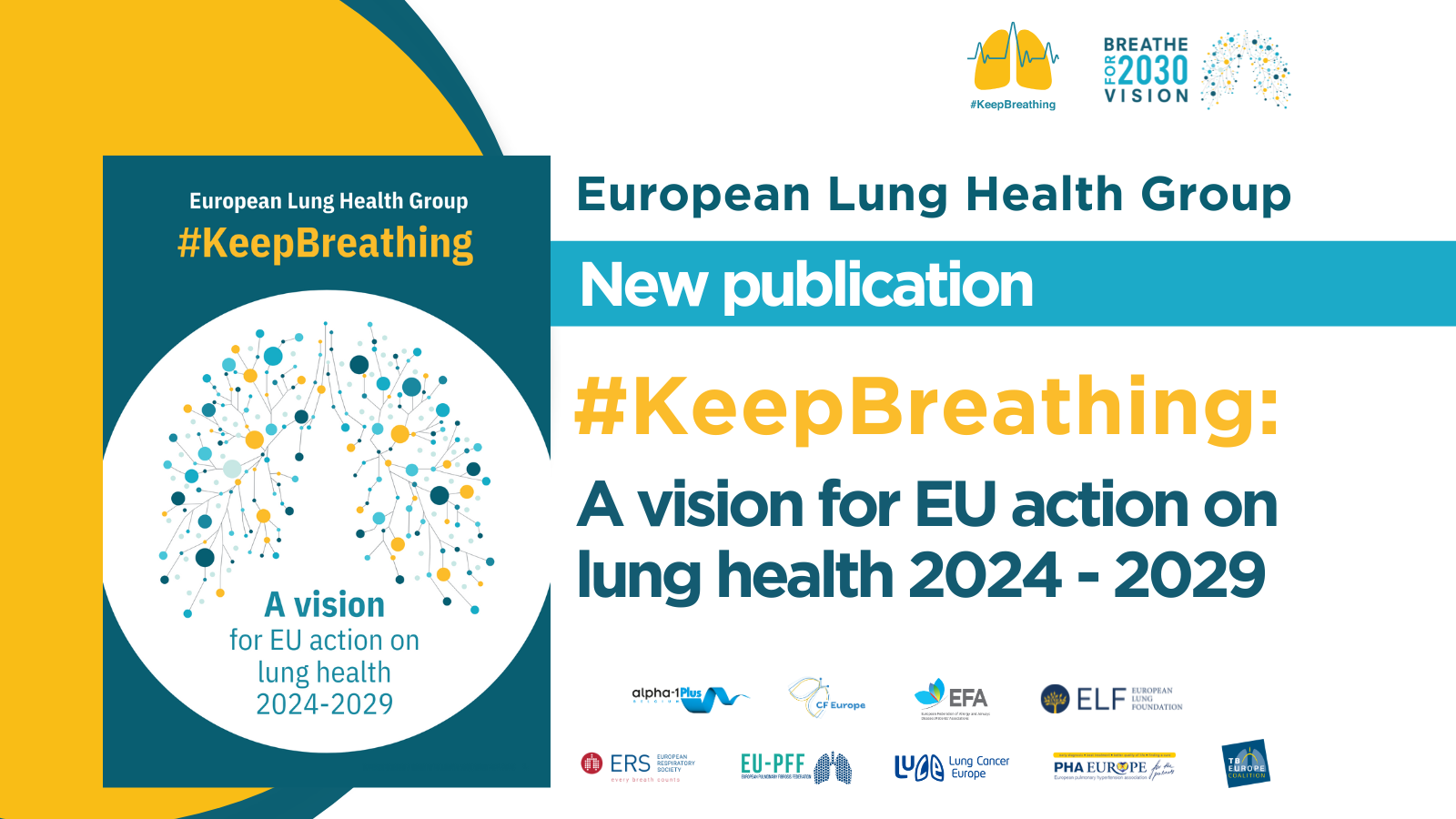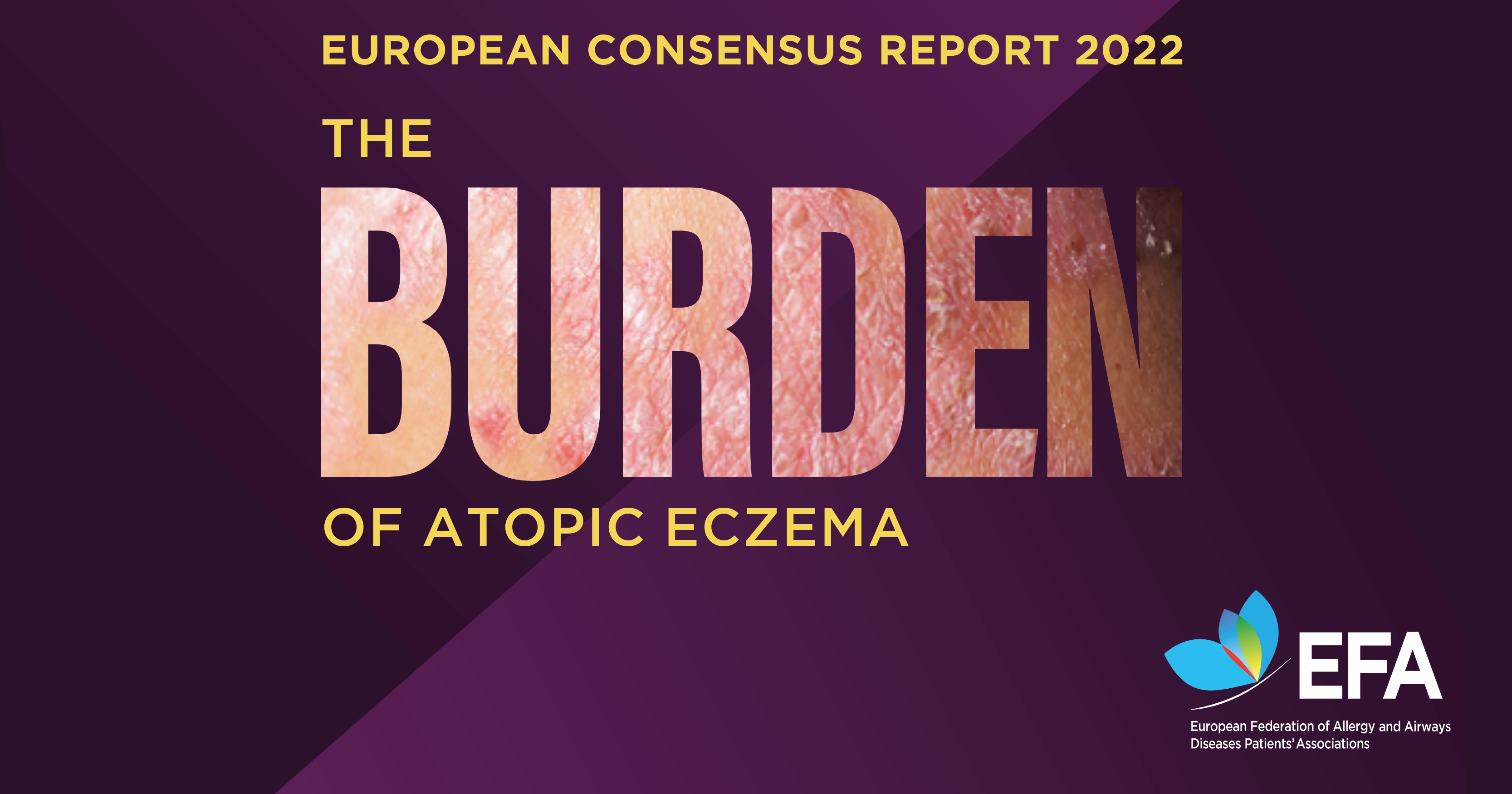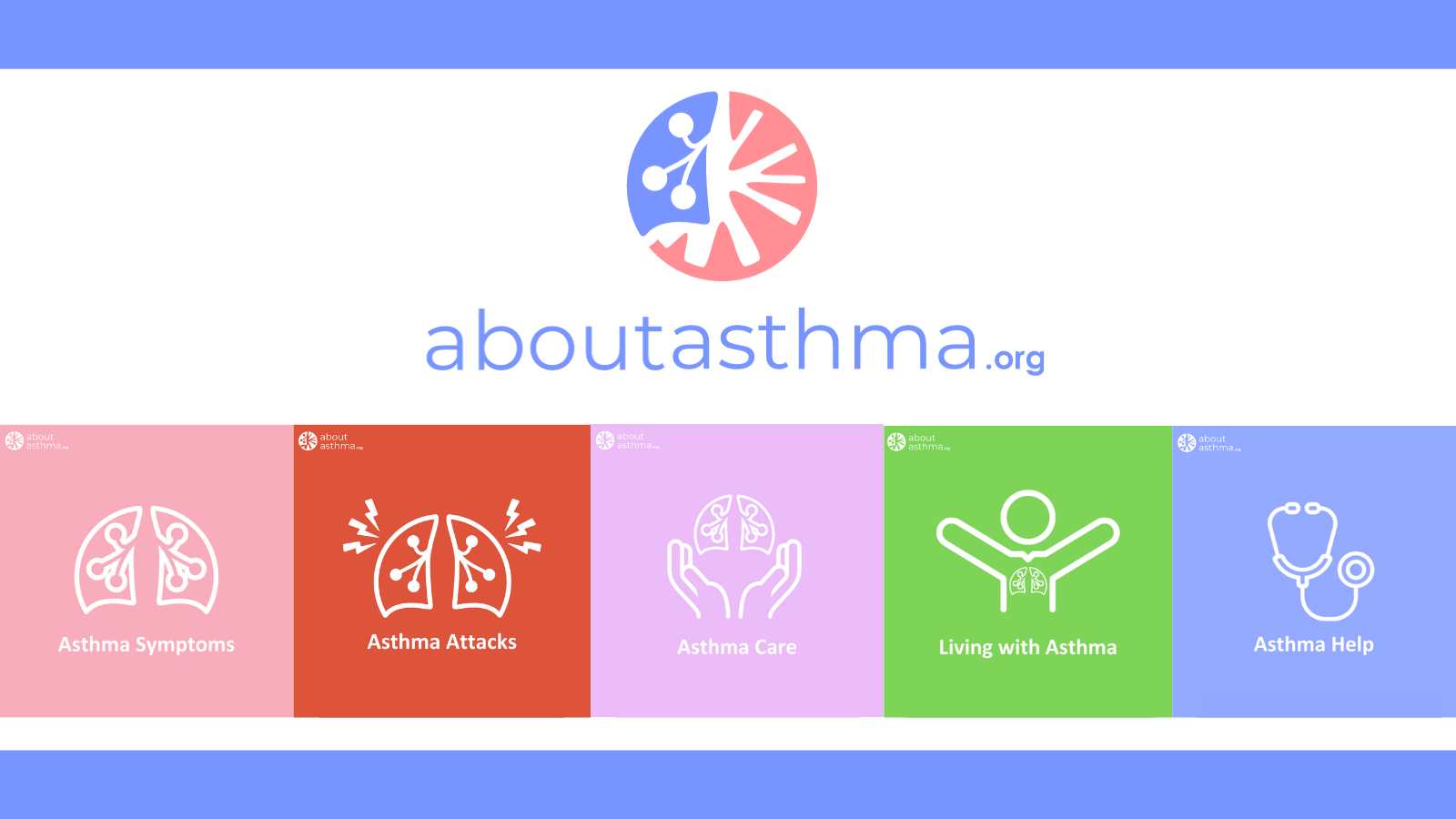Asthma is the most common chronic disease in childhood although symptoms and disease can cease before adulthood with adequate treatment. Today, 30 million European children and adults below the age of 45 years old have asthma and 15.000 die each year from asthma attacks.
Research has shown that children between the ages of 7 to 9 are more likely to adhere to treatment than young adolescents between the ages of 10 and 16. The reasons for this remain unknown. There is a need to analyse existing data in greater detail in order to explain patient behaviour in adolescence.
EFA worked to identify the real reasons for poor adherence and concordance of adolescents with asthma. Although this age group is one of the most difficult to evaluate, EFA aims at suggesting an educational plan to improve adherence among asthmatic adolescents. We built a validated adolescent-patient-centred survey to identify parallels between asthmatic adolescents in four European countries.
Non-adherence to treatment decreases the control of the disease and therefore diminishes quality of life. Poor adherence leads to sleep disruption, missed school and work days, limited sports or recreational activities, emergency visits and avoidable healthcare costs.
EFA’s research on young asthma patient adherence
Based on a literature review produced by the Maastricht University, in 2015 we launched a survey in France, Germany, Spain and the United Kingdom to investigate the factors that hinder or enable young people between 12-17 years to adhere to their treatment.
The results of this research have been published in the HEY YA! Report - HEalth Literacy, Young Patients with Asthma and Adherence to treatment: EFA Report and European Recommendations into four languages:
- English: EFA Report - Health Literacy, Young Patients with Asthma and Adherence to treatment
- French: Rapport EFA - Capacité à comprendre l’information sanitaire, jeunes patients et observance
- German: EFA Bericht - Gesundheitskompetenz, Junge Patienten, mit Asthma und Therapietreue
- Spanish: Informe EFA HEY YA Conocimientos en salud, pacientes jóvenes con asma y adherencia 2016
Thanks to the HEY YA survey, EFA has identified six reasons behind non-adherence to treatment. Although the majority of adolescents noted ‘forgetfulness’ as the most common cause impacting their adherence (24% of participants), the survey revealed other variables, also driven by attitude, might explain teenagers discipline to asthma medication. For example, the fact that many adolescents are rebelling against medical advice (22%), not taking their asthma seriously (10%) or ignoring the consequences of avoiding treatment (7%), made adolescents attitude the strongest driver of adherence in the survey. The severity of asthma also appeared to have an influence, as respondents noted they do not take their medicine when they feel better or exercise (14%). Positively, most patients consulted found their doctors’ advice to be useful, and their encouragement to deal with their asthma turned out to be another variable explaining adherence (11%).
The HEY YA report sets out four policy recommendations with specific actions to improve the health of adolescent patients with asthma:
- Promoting multidisciplinary care coordination to better support adolescent patients and to identify those at risk.
- Developing Health Information Technologies specifically addressed to young patients to stimulate self-management, medication tracking and immediate healthcare feedback.
- Empowering young patients through shared decision-making and tailored health literacy materials to enable adolescents to take responsibility about their own health and asthma medication.
- Conducting additional research to picture the long-term consequences associated with poor adherence in adolescence and to curve down asthma.
The HEY YA report was launched at an event at the European Parliament in Brussels in April 2016 and has been presented at the International Primary Care Respiratory Group Congress (IPCRG) and at the European Academy of Allergy and Clinical Immunology Congress (EAACI). It will also be presented at European Respiratory Society Congress and during the European Health Forum Gastein.
The results of the report have been also featured under a special hasthag #TeensWithAsthma and in our 2016 World Asthma Day Press Release, and through a blog at MedTech.
